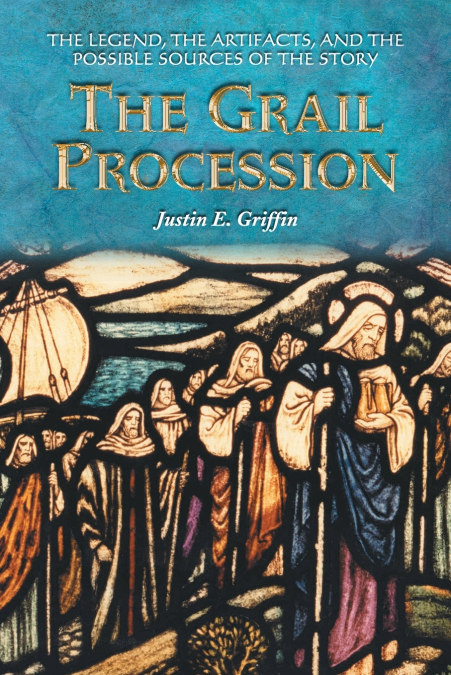
 Librería Desdémona
Librería Desdémona
 Librería Samer Atenea
Librería Samer Atenea
 Librería Aciertas (Toledo)
Librería Aciertas (Toledo)
 Kálamo Books
Kálamo Books
 Librería Perelló (Valencia)
Librería Perelló (Valencia)
 Librería Elías (Asturias)
Librería Elías (Asturias)
 Donde los libros
Donde los libros
 Librería Kolima (Madrid)
Librería Kolima (Madrid)
 Librería Proteo (Málaga)
Librería Proteo (Málaga)
By the 12th century, European literature was rich with tales of a procession carrying a group of objects closely tied to the Passion of Christ--the Holy Grail, the lance that pierced Christ’s side, the sword used to behead John the Baptist, and a dish from the Last Supper. While legends of the quest for the Holy Grail continue to grip the popular imagination, the other relics, once closely associated with the Grail legends, receive little mention. Still, the overlooked Grail Hallows, as they are called, have a rich symbolic history, winding through the ages--and leading in some surprising directions. This exploration of the forgotten relics of the Grail Procession examines the body of evidence hinting at their authenticity, and traces their history as symbols, from the early days of Christianity, to Celtic mythology, to 'the foggy wastelands inhabited by history’s outcasts,' to the suits of the modern tarot. The oral histories and a possible sourcebook that informed the earliest known stories are discussed. Illustrations and photographs of relevant locations and objects, including the cards of the tarot, further illuminate the story. An appendix gives a timeline of the Hallows’ history, and there is a bibliography and an index.